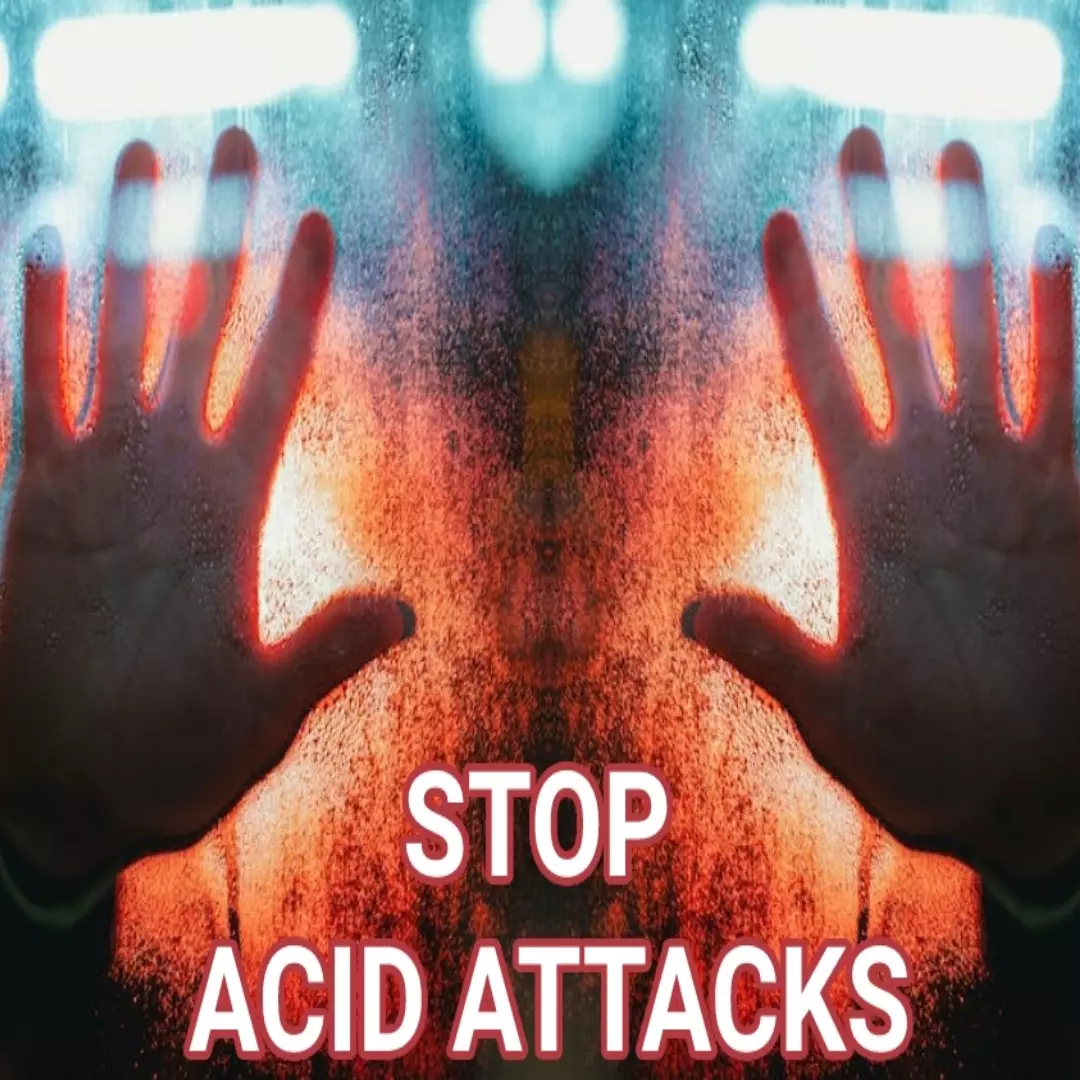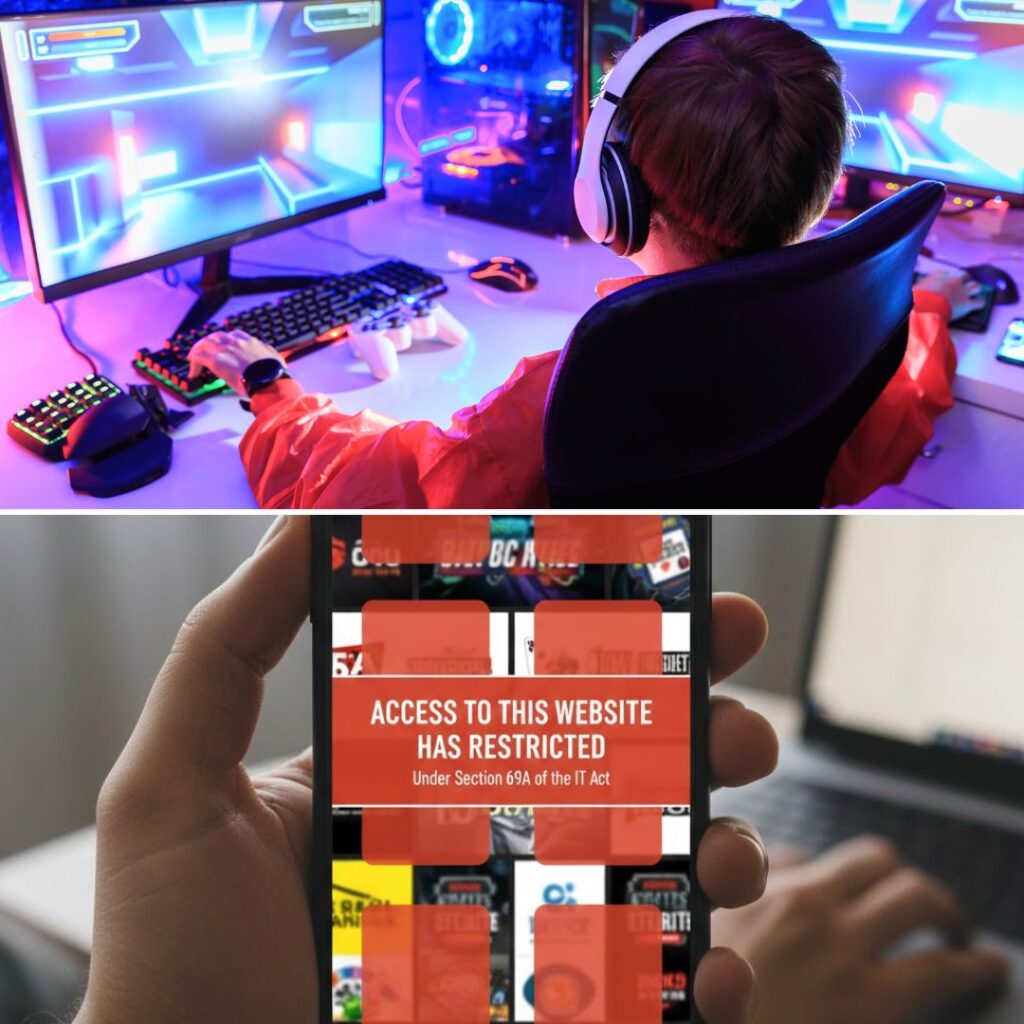(Trigger Warning: The following content contains information on physical violence, which some readers may find disturbing)
Over the below-given details, we will focus on how survivors can seek medical treatment, who can file a complaint, how the complaint is filed and what the complaint forums are. The first thing to be aware about in such cases is how the survivors can seek medical treatment.
The medical process for the treatment of acid attack survivors is as follows:
Step 1: First Steps and Immediate Treatment
The survivor should be rushed to the nearest hospital to receive immediate medical treatment. The hospital must provide the treatment free of cost. They should administer first aid and stabilize the survivor. Legal action can be taken against any hospital that refuses to provide medical assistance to the survivor.
Step 2: Medical Treatment of Survivor
Once the survivor has received primary treatment, they may then either be shifted to a specialized hospital for further treatment or treated in that same hospital if they have the facilities to do so.
Step 3: Medical Certificate for Survivor
The hospital where the survivor is first treated should provide them with a certificate stating that they are a survivor of an acid attack. This certificate may be used for treatment and reconstructive surgeries or any other state government or Union Territory schemes that the person may wish to avail of. They also have to attach it to the application for claiming compensation under the Victims Compensation Scheme.
Who can file a Complaint?
A complaint can be filed by:
- The survivor of the acid attack
- A relative, friend or acquaintance
- Any person who has witnessed the crime
- Any person who knows such an attack is going to happen
The first point of contact for anyone who wants to complain about the crime is the police. It is not necessary that you must have all the information about the crime in order to file an FIR (First Information Report). But it is important that you report everything you know to the police. You can find out more about how to file an FIR here.
An FIR in itself is not a criminal case filed against someone. It is just information received by the police relating to the commission of a crime. A criminal case begins when a charge sheet is filed by the police before the court, and a Public Prosecutor is appointed by the State.
How do you file a complaint?
The legal process following an acid attack is:
Step 1: File an FIR
A First Information Report (“FIR”) can be filed in the police station against the accused.
Since acid attack and throwing/ attempting to throw acid are cognizable offences under S. 326A and 326B respectively of the IPC, the police may arrest the accused without a warrant, if they are of the opinion that the person is dangerous to be allowed to remain free. The person filing an FIR also has the right to get a free copy of the FIR.
Step 2: Police Investigation Starts
After the filing of the FIR, the police will investigate the complaint and submit a final report based on the investigation and witness statements. This investigation should be completed within a time span of 60 to 90 days, when the accused is in custody.
Step 3: Filing Charge Sheet and Trial Begins
Upon investigation, if the police are of the opinion that there is sufficient evidence of the accused committing the crime, they can file a charge sheet with a competent criminal court, requesting it to take notice of the case. This commences the trial process. If there is inadequate evidence, a closure report can be filed with the Magistrate to close the case. However, this can be challenged. Please take the help of a lawyer in the relevant district court for the trial process.
What are the complaint forums/helplines?
If you are a survivor of acid attack, you can approach the following authorities:
Police
You can approach the police to make a complaint. You can get in touch with the police by dialing the helpline number 100. The police will record the information about the crime in the FIR (First Information Report).
National Commission for Women
The National Commission for Women (NCW) is a national-level government organization that is empowered to investigate complaints related to issues faced by women. The NCW will help you by:
- Monitoring and expediting the investigations being led by the police.
- Monitoring acid attack cases with regards to prosecution of the accused, providing medical relief to survivors and payment of compensation to survivors through the system. This is done through the use of the MIS system.1
- Providing counselling or a hearing before the NCW. This is done to resolve disputes between the two parties.
You can get in touch with them by either calling the helpline number 1091, or sending an email to ncw@nic.in, or filing an online complaint. Further, you can also approach the State Commission of Women situated in your state, and ask them for help.
Sub-divisional Magistrate
A person can also complain to the Sub-Divisional Magistrate (SDM) of the district as they have a responsibility to ensure the guidelines for acid attack are followed. These guidelines include information on sale of acid and role of shopkeepers while selling acid. They can also levy fines on shopkeepers breaching the rules laid down by the Supreme Court.
Legal Rights and Regulations
Given that acid attacks can leave lasting physical, emotional, and psychological scars on survivors and that in India, acid attacks are punishable under various laws. This section will provide an overview of the legal rights and regulations available to acid attack survivors in India.
How can you claim compensation under The Victims Compensation Scheme?
To seek compensation under the Victims Compensation Scheme, the procedure is:
Step 1: Filing an FIR
The survivor or someone on their behalf has to mandatorily report the acid attack crime by filing an FIR.
Step 2: Sharing FIR copy to Legal Services Authority
The station house officer (“SHO”), Superintendent of Police (“SP”) or the Deputy Commissioner of Police (“DCP”) of a police station has to mandatorily share a hard or soft copy of the FIR with the SLSA or DLSA.
Step 3: Application for compensation
The survivor, her dependents or relatives, or the SHO of the area concerned to the SLSA or DLSA can file an application for the award of an interim or final award of compensation. The application must be submitted in the format given under the Victim Compensation Scheme as Form -I. It must be filed with a copy of the FIR or criminal complaint and, if available, a Medical Report or Death Certificate. Further, the applicant must submit a copy of the judgement/ recommendations of the court, if the trial is over.
Step 4: Preliminary Investigation by Legal Services Authority
The SLSA or DLSA then begins the preliminary verification of the facts of the attack for granting compensation.
Step 5: Getting Compensation
The amount of compensation will be given by the SLSA or DLSA by depositing it in a Bank in the joint or single name of the survivor or dependent(s). In case the survivor does not have any bank account, the DLSA would facilitate opening of a bank account in the name of the survivor. In case the survivor is a minor in a child care institution, the bank account will be opened with the Superintendent of the institution as Guardian. However, in case the survivor is a foreign national or a refugee, the compensation will be given through cash cards.
What are the costs involved for survivors to exercise their rights?
- For crimes of acid attack, medical and rehabilitation facilities must be provided to survivors free of cost:
- They must be given free first aid and medical treatment.
- They must be provided with a medical certificate free of cost that may be used for further treatment in other hospitals.
- The police have to provide a complainant with a copy of the FIR, free of charge.
Further medical treatment is usually paid for through the:
- Fine amount imposed on the offender for committing the crime
- The compensation from States and Union Territories under their respective Victim Compensation schemes and;
- Additional compensation from the victim’s compensation Fund
Also Read: All You Need To Know About Acid Attack Laws In India
https://thelogicalindian.com/h-upload/2023/06/01/500x300_231923-web-54.webp
Law
2023-06-01 11:33:14.0
All You Need To Know About Acid Attack Laws In India: Know More










